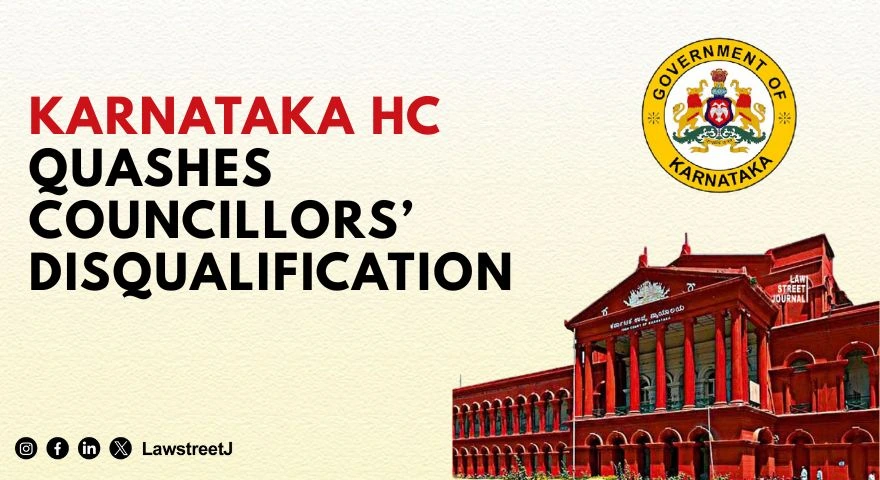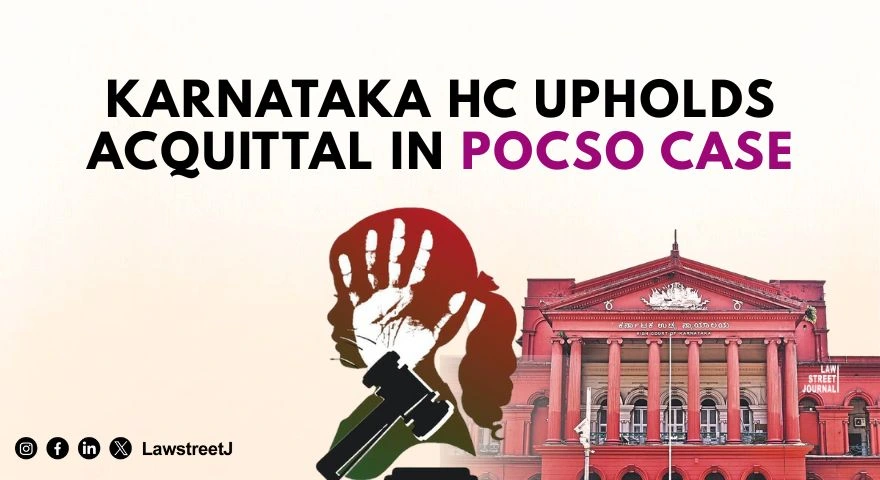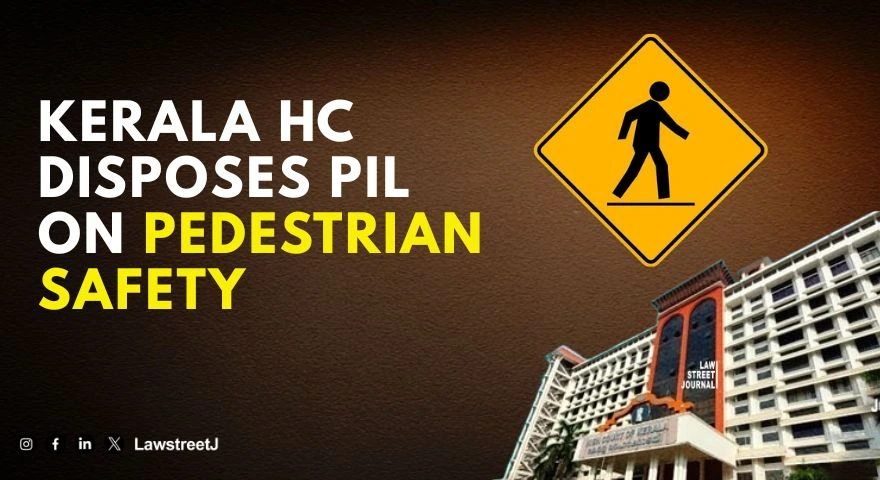The Supreme Court in Anwar Ali and Another v. State of Himachal Pradesh (Cr Appeal no. 1121 of 2016) reiterated that in a case that depends upon circumstantial evidence, the absence of motive is a factor which weighs in the favor of the accused.
The three-judge bench comprising of Justice Ashok Bhushan, R Subhash Reddy, and M R Shah restored that the acquittal of two accused Anwar Ali and Sharif Mohammad by setting aside the conviction by the Himachal Pradesh High Court. Both the accused was charged for the offenses punishable under Section 302 (punishment for murder) read with Section 34 (Common Intention), Section 392 (punishment for robbery), Section 420 (Cheating and dishonesty inducing delivery of property), and Section 201(Causing disappearance of evidence of offense) Indian Penal Code, 1860.
The accused raised the voice that in the appeal before the Supreme Court that the prosecution was failed to establish and prove the motive of the murder and therefore the accused deserve acquittal. In this regard, the bench has said that
"It is true that the absence of proving the motive cannot be a ground to reject the prosecution case it is also true and held by this court in the case of Suresh Chandra Bahari v. State of Bihar 1995 Supp (1) SCC 80, that if the motive is proved that would supply a link in the chain of circumstantial evidence but in the absence thereof, cannot be a ground to reject the prosecution case. However, at the same time as observed by this court in the case of Babu (supra) absence of motive in a case depending on circumstantial evidence is a factor that weighs in the favor of the accused."
It was contended that the recovery of the jeep from Chandigarh, recovery of photographs, and recovery of a mobile phone belonging to pw7 from the Jeep also create serious doubt. The Court also noted that the investigation officer did not follow any of the procedures as required to be followed under Section 166 (3 & 4) and 100 (4) Code of Criminal Procedure, 1973.
Section 166 of the Code of Criminal Procedure, 1973 talks about when an officer in charge of a police station may require another to issue a search warrant. Section 100 of the Code of Criminal Procedure, 1973 enumerates that person in charge of a closed place to allow a search.
The bench while allowing the appeal observe that "the findings recorded by the trial court was based on the appreciation of evidence on record cannot be said to be either reserve or contrary to the evidence on record or it cannot be said the trial court did not consider any material evidence on record". However, the Court is of the opinion that the High Court is not justified in reversing the order of acquittal passed by the learned trial court.








